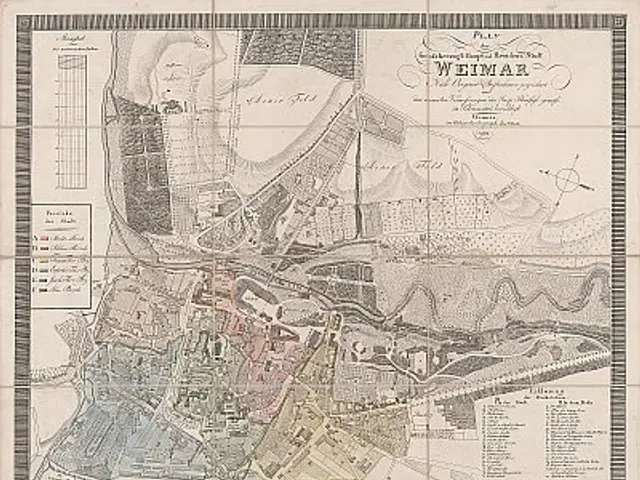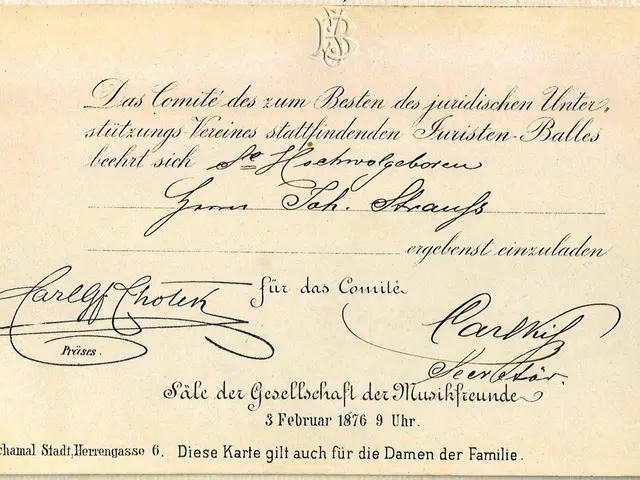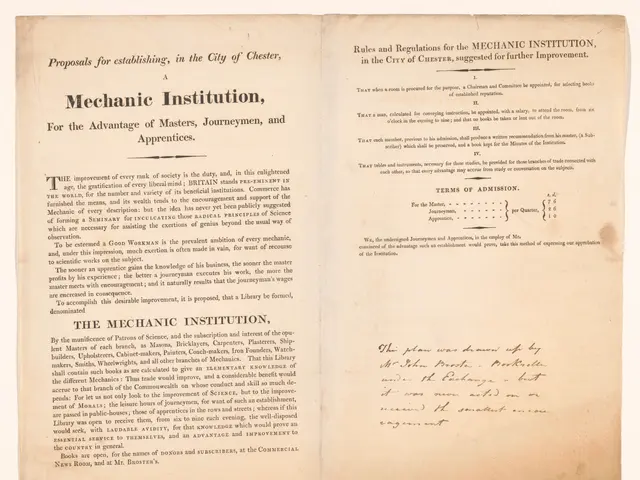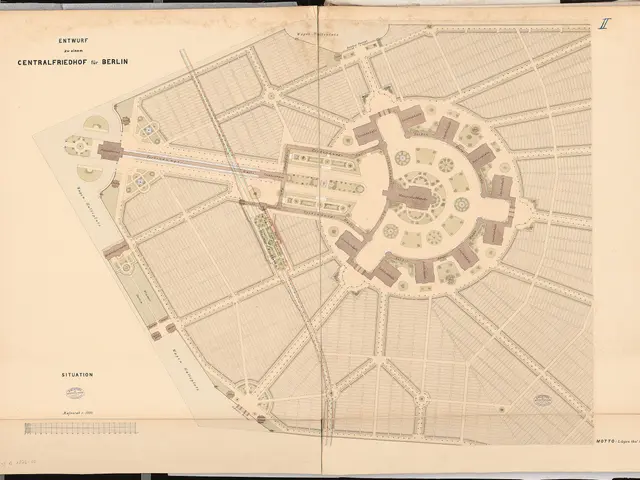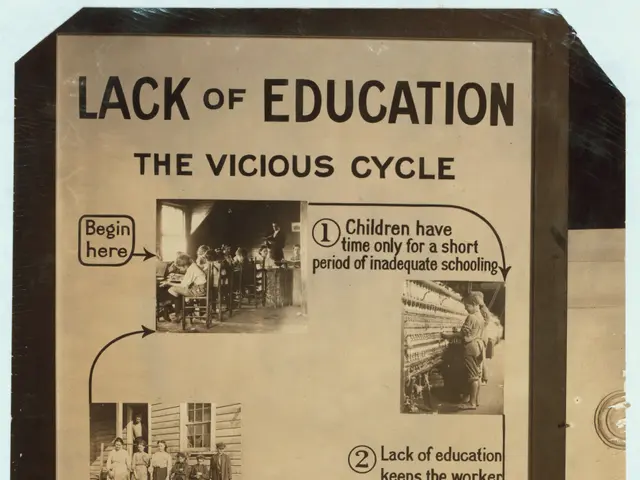Tariffs on Civil Aviation: A Warning from Aerospace Giants
Aerospace sector in United States expresses concern as tariffs threaten to escalate significantly
In the thick of the political game, US airlines and aerospace manufacturers are raising red flags about the proposed tariffs on civil aircraft and parts. These levies, stand to jeopardize the profitable trade surplus the sector has maintained since the 1950s.
At the behest of President Donald Trump, an investigation was kicked off on May 1 to scrutinize whether tariffs between 10-20% should be imposed on these items, including engines. The prospective targets immediate response - a stern "no, thanks."
"Placing broad trade barriers on imports of civil aviation technology could send years of industrial progress spiraling downhill and cause havoc in our supply chain," the Aerospace Industries Association (AIA) warned in a letter to Commerce Secretary Howard Lutnick.
The deadline for communicating positions was June 3, only for Lutnick to announce that Washington aimed to establish industry-defining aircraft part tariffs by the end of the month.
AIA and the Airlines for America (A4A) stood apprehensive, arguing that the tariffs would not aid but harm U.S. manufacturers.
"Contrary to other sectors, civil aviation manufacturing prioritizes domestic production of high-value components and final assembly," AIA explained.
U.S. aerospace and defense exports reached an impressive $135.9 billion in 2023, with $113.9 billion going towards civil aviation alone. The sector managed a trade surplus of $74.5 billion and invested $34.5 billion in research and development.
Behind the scenes of this booming industry, over 2.2 million Americans find employment in nearly 100,000 companies, producing goods worth $545 billion in 2023. The sector's success is crucial to the President's agenda, according to A4A.
"The U.S. civil aviation industry is the beacon of success that President Trump seeks, leading civil aerospace globally," they emphasized.
With a staggering 84% of production already American, A4A adamantly stated, "Washington does not need to fix the 16% remaining."
"The current trade framework has enhanced our economic and national security and is a crucial part of maintaining our national security moving forward," it said.
Experts maintain that the potential tariffs would resemble sand jamming a well-oiled machine that's been operating smoothly for decades. In addition, the ultra-delicate supply chain, still reeling from the Covid-19 pandemic, would be thrown into chaos.
"It's essential to keep aerospace out of trade wars," Willie Walsh, head of the International Air Transport Association (IATA), advised at the organization's general assembly last week.
AIA cautioned that "aircraft and parts are already in high demand and have a limited supply." Expanding capacity or integrating new suppliers would be complex, pricey, and lengthy. Meeting rigorous safety certifications could take up to 10 years, they warned.
Delta Air Lines voiced concerns over sticking with the status quo, noting that proposed tariffs would hamper its ability to maintain its current trajectory. "If component parts incur tariffs upon entering the United States, Delta will be at a competitive disadvantage to foreign competitors," it said. "The action would also impose a surprising tax on Delta's purchases of aircraft contracted years in advance."
Delta chief Ed Bastian also stressed that the airline "will not be paying tariffs on any aircraft deliveries we take," adding that it was "working very closely with (European group) Airbus" to mitigate the impact. Delta mentioned that it had 100 aircraft on order from Boeing, underlining that it demanded that its Airbus A220s be primarily produced in Mobile, Alabama.
However, if the tariffs are imposed, Delta warned, "We would likely be forced to cancel existing contracts and reconsider contracts under negotiation."
- Wall Street Journal, By Richard Whitt, May 4, 2025, "Trump administration proposes tariffs on civil aircraft and parts to protect the struggling aerospace industry."
- Reuters, May 10, 2025, "Delta Air Lines challenges Trump administration’s proposed aircraft tariffs."
- The Hill, By Tess Bonn, May 20, 2025, "Aerospace industry under attack: Will US manufacturers pay the price for tariffs?"
- CNN Business, May 25, 2025, "The ‘Airbus-Boeing forever wars’ may heat up if Trump administration imposes tariffs."
- Aviation Week Network, May 31, 2025, "Tariffs on civil aircraft would threaten thousands of jobs."
- The proposed tariffs on civil aircraft and parts by the Trump administration might jeopardize the trade surplus that the aerospace sector has upheld since the 1950s, potentially leading to job losses in thousands of companies. (Aviation Week Network, May 31, 2025)
- As a response to the investigation initiated by President Donald Trump in May, aerospace manufacturers and US airlines have opposed the potential 10-20% tariffs on civil aviation technology, expressing concerns about undermining industrial progress and disrupting the supply chain. (Wall Street Journal, May 4, 2025)
- The federal government aims to impose industry-defining aircraft part tariffs by the end of June, a decision that could hamper American manufacturers' ability to compete with foreign competitors, as per Delta Air Lines’ concerns. (Reuters, May 10, 2025)
- Analysts predict that if the proposed tariffs go into effect, the ultra-delicate supply chain of the aerospace industry could be thrown into chaos, especially considering the limited supply of aircraft and parts already in high demand. (CNN Business, May 25, 2025)
- With the potential impact on finance, technology, business, and employment at stake, influential organizations like the Aerospace Industries Association and Airlines for America have underscored the vital role of the civil aviation industry in driving economic growth and national security, urging Washington to refrain from imposing tariffs. (The Hill, By Tess Bonn, May 20, 2025)


